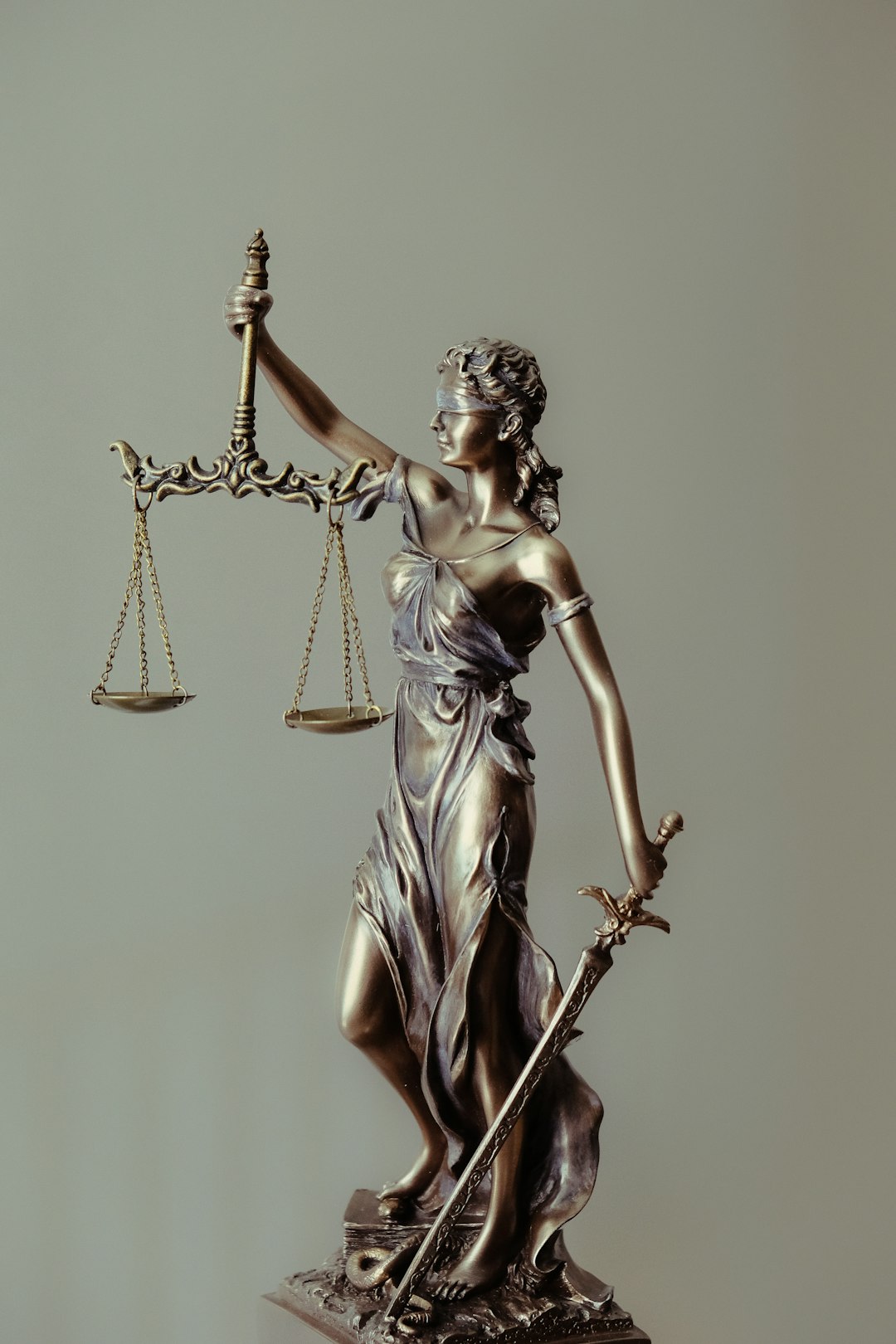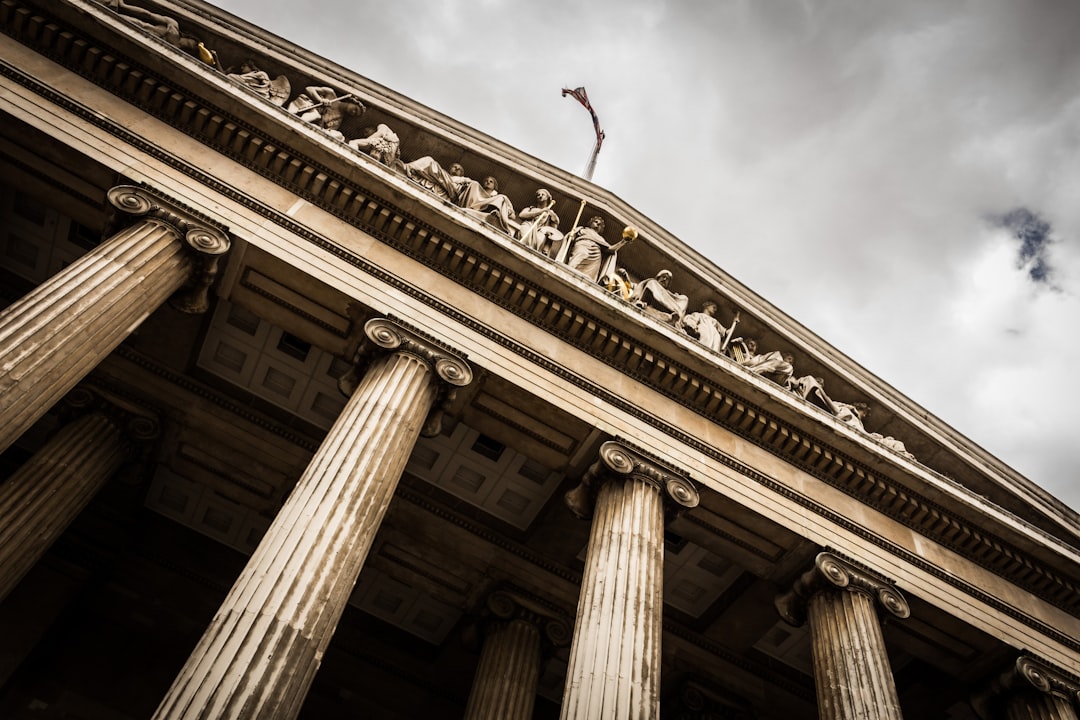Sexual abuse within South Carolina's juvenile detention centers is a pressing issue, prompting calls for systemic change. Sexual assault lawyers play a pivotal role in advocating for victims' rights, addressing barriers to justice, and ensuring accountability through robust legal measures. The state has implemented comprehensive strategies, including staff training, enhanced surveillance, and specialized programs, to create a safer environment. These efforts aim to protect vulnerable youth, foster accountability, and provide support services tailored to the unique needs of victims in the juvenile justice system, with sexual assault lawyers offering crucial expertise in handling these complex cases.
In South Carolina, the issue of sexual abuse within juvenile detention centers has sparked a crucial conversation. This article delves into the complex landscape of this crisis, exploring its scope and impact on young lives. We analyze the state’s legal framework designed to protect youth and hold perpetrators accountable, with a focus on the critical role of sexual assault lawyers. Additionally, we discuss challenges in prosecution and present prevention strategies aimed at creating safer detention facilities, emphasizing the importance of specialized legal advocacy for victims.
Understanding the Scope: The Sexual Abuse Crisis in Juvenile Detention Centers
In recent years, the issue of sexual abuse within juvenile detention centers has gained significant attention, prompting a closer look at the scope of this crisis. South Carolina, like many other states, grapples with allegations and incidents of sexual misconduct involving both minors in custody and the staff entrusted with their care. The problem is multifaceted, encompassing systemic failures, inadequate oversight, and a lack of comprehensive prevention strategies.
Sexual assault lawyers in South Carolina often find themselves at the forefront of this battle, advocating for victims who may fear retaliation or face barriers to seeking justice. The high-stress environment of detention centers, coupled with staffing shortages and limited resources, can create an unsafe space prone to abuse. Addressing this crisis demands a collaborative effort between legal professionals, policymakers, and community organizations to implement robust policies and programs aimed at prevention, early intervention, and support for survivors.
South Carolina's Legal Framework: Protecting Youth and Holding Offenders Accountable
South Carolina has established a comprehensive legal framework aimed at addressing and preventing sexual abuse within its juvenile detention centers. The state’s laws prioritize the protection of youth, ensuring that any form of sexual misconduct is taken seriously and investigated promptly. Sexual assault lawyers in South Carolina play a vital role in upholding these standards by representing victims and advocating for their rights. They work tirelessly to ensure that perpetrators are held accountable, which includes mandatory reporting, strict penalties, and comprehensive support services for survivors.
The legal system’s response involves rigorous training for detention center staff, enhanced surveillance measures, and regular audits to maintain a safe environment. Moreover, South Carolina’s commitment to transparency encourages victims to come forward without fear of retaliation. This proactive approach not only protects vulnerable youth but also fosters a culture of accountability, ensuring that justice is served and abusers are brought to light.
The Role of Sexual Assault Lawyers in South Carolina: Advocating for Victims' Rights
In the context of sexual abuse in juvenile detention centers, sexual assault lawyers in South Carolina play a pivotal role in advocating for victims’ rights. These legal professionals are equipped to handle complex cases involving young individuals who have suffered sexual harm while in state care. They work tirelessly to ensure that the victims receive the justice and support they deserve, addressing not just the legal aspects but also the sensitive nature of these cases.
Sexual assault lawyers in South Carolina navigate a landscape where victims may face additional challenges, such as trauma and systemic barriers within the juvenile justice system. Their expertise lies in understanding the unique needs of these young people and fighting for their rights to safety, privacy, and fair treatment. Through legal representation, they bring awareness to the issue, push for policy changes, and contribute to a more responsive and protective environment for vulnerable juveniles.
Challenges in Prosecuting Sexual Abuse Cases within Juvenile Justice System
The juvenile justice system faces unique challenges when it comes to prosecuting sexual abuse cases, and South Carolina is no exception. One significant hurdle is the sensitive nature of these cases; minors may be reluctant to come forward due to fear, shame, or trust issues, making it crucial for authorities to approach these situations with utmost care and discretion. This delay in reporting can complicate investigations, as evidence may become harder to trace and corroborate over time.
Additionally, the legal process itself presents complexities. Minors involved in the justice system often have limited understanding of their rights, which can lead to poor decision-making. Furthermore, ensuring fair trials while protecting the identities of both victims and perpetrators requires intricate balancing acts. The presence of sexual assault lawyers in South Carolina is essential in navigating these challenges, providing specialized legal support tailored to the unique needs of these cases.
Prevention Strategies and Reforms: Ensuring Safer Detention Facilities in SC
In response to growing concerns about sexual abuse within juvenile detention centers, South Carolina has implemented several prevention strategies and reforms aimed at creating safer facilities. These efforts include enhancing security measures, such as increasing staff training on identifying and responding to potential abuse, and implementing stricter protocols for visitor access. Additionally, the state has prioritized education programs that promote healthy relationships, consent, and respect among detainees, empowering them to recognize and report inappropriate behavior.
Reforms also extend to legal avenues, with an increased focus on supporting sexual assault lawyers in South Carolina. By strengthening laws and policies related to juvenile justice, the state seeks to hold perpetrators accountable and provide better protection for vulnerable youth. These comprehensive initiatives underscore South Carolina’s commitment to addressing sexual abuse within its detention centers and fostering a safer environment for all incarcerated minors.





